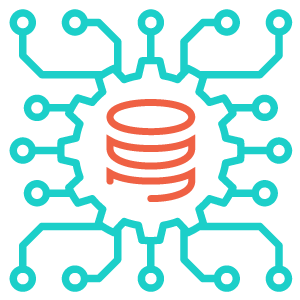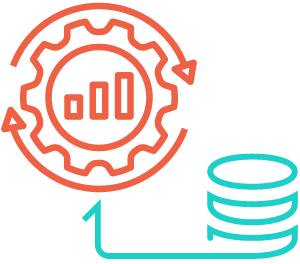For years, Oracle has invested in advancements to deliver a truly autonomous database, from automated query rewrites and memory management to SQL tuning and automatic indexing. The automation features started appearing in the Oracle database long back from the 9i version. The Oracle Autonomous Database was introduced in 2018 as a simple platform for applications that would provide automatic provisioning and tuning, including security and backup recovery, with nothing for the Oracle DBA to do.
Is this possible? In this webinar, Biju Thomas, Senior Director of Data Intensity’s Global Oracle Practice, explains the ins and outs of Oracle Autonomous Database, such as data migration to the cloud, connectivity, security, and the changing role of the Oracle DBA.

Autonomous databases are optimized for particular types of Oracle workload; for instance, autonomous data warehousing (ADW) is tuned for analytical workload, and autonomous transaction processing (ATP) is optimized for transaction processing. ADW is the preferred configuration if you are looking for extensive data processing and machine learning to support dynamic analytics and complex SQL, while ATP is best for faster processing and response times, and utilizes data caching.
Additionally, Oracle offers another deployment option: a dedicated Exadata private database cloud in the public cloud for autonomous databases. The Oracle DBA can create one or more Container Databases and many pluggable databases. Dedicated deployment allows the Oracle DBA to customize the Operational Policies that control the provisioning of a new database, the timing on patches and upgrades, backup schedules, and the number of databases that run on the infrastructure.
So Where Does the DBA Come In?
Creating and connecting to the Oracle Autonomous Database is truly easy, and can be done by someone without the DBA expertise. However, there are numerous pitfalls and management challenges that only an experienced DBA can address.
In this webinar, Oracle Autonomous Database – What is the DBA’s Role?, Biju Thomas discusses the areas that cannot be performed by the Autonomous Database, such as interfacing with user needs, and application or SQL tuning and security management. Additionally, there are several areas where DBAs use specialized tools to manage various applications and functions.

How Can You Benefit From Working With a DBA?
Every business is different, with varying needs and staff with myriad experience levels. Only a DBA can develop strategy to match your unique business needs, whether you need in-depth SQL development, detailed analytics, or application management tools. Only a DBA can provision for application setup, scaling the platform, setup of application security, life-cycle governance, and restoration of lost data.
These benefits of working with a knowledgeable DBA and Database management services provider can make the difference in your firm’s ability to remain competitive and stand out in your industry. It is a key driver of your strategy, especially if you need to go beyond a posture of day-to-day maintenance and build for a complex and unpredictable future.
The DBA’s Role: How We Deliver
- Strategic database architecture for performance, security, and disaster recovery
- Enterprise application provisioning across functional and technical disciplines
- License solutions, including monitoring, auditing, and management
- Delivery of true business outcomes across your entire technology stack
Contact us so we can help you manage your Oracle database, lowering costs and increasing your coverage, capacity and flexibility.





